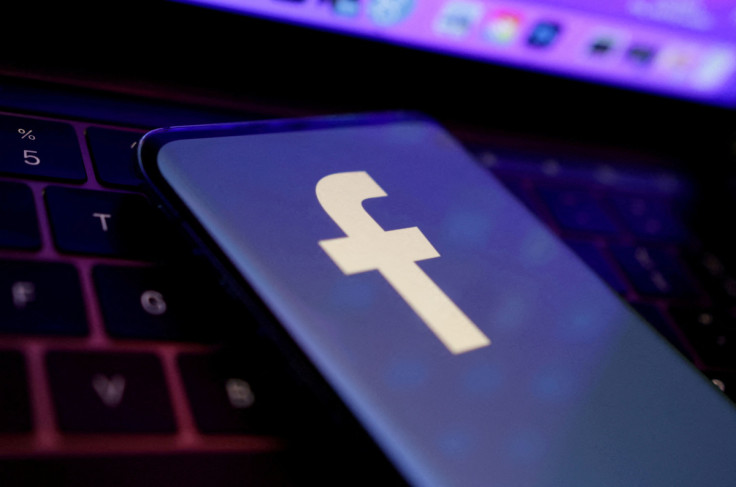Facebook users worried about rapidly growing scams
While Facebook is one of the world's most popular social media platforms, it is not free from scammers.

A considerable number of Facebook users are currently concerned about the rapidly growing cases of hacked accounts. However, Facebook is still keeping mum on the issue. It is no secret that Facebook is one of the world's most popular social media platforms.
Regrettably, popular social media platforms are teeming with scammers, and Facebook is no exception. Multiple Facebook users have been taking to Reddit to look for help so they can regain access to their hacked accounts for a while now.
Facebook users are initially tricked into sharing their login information. After this, the hacker changes the password, as well as the recovery information or methods associated with the hacked account. Accounts of those who fall victim to these tricksters are used to run scams on other Facebook users.
Some hackers post objectionable content to get a victim's Facebook or Instagram account permanently banned or disabled. Alternatively, they might perform illegal activities like selling pets, which is not allowed on Facebook, to get your account banned.
This is a major issue for those who end up losing access to their brand pages and business profiles since the problem affects their reach and profitability. Some scammers use Facebook-verified pages to urge users to download malware. The victim can neither log back in nor recover their account without getting in touch with Facebook support.
Facebook is still mum on the matter
Scammers use these Facebook pages to impersonate people and companies. So, it is recommended that users should avoid clicking on links or download apps from unverified or suspicious sources. Still, Facebook hasn't officially acknowledged the matter. Instead, the company unveiled its latest AI model Llama 2 in collaboration with Microsoft last week.
However, the folks at Piunikaweb suggest the tech giant could soon take concrete steps in a bid to help those who have lost access to their Facebook accounts. In the meantime, some Facebook users are still getting emails with reset password recovery codes. However, this is a new trap set by some hackers to steal their account details.
According to Facebook, users can try getting back into their account by using an alternate email or phone number that's listed on their account. You can use the mobile phone or computer that you have previously used to log into your Facebook account and then follow the instructions on this website. Also, Facebook has shared key information about how users can protect their accounts.
How to protect your Facebook account?
Scammers usually resort to using legitimate-looking emails, websites, or messages to trick people into sharing their personal information. However, Facebook claims users can protect themselves when they encounter a scam by following these three simple rules.
- Do not rush: Scammers try to create a sense of urgency or claim you'd lose access to your account if you do not perform certain actions. So, think it through before you act.
- Spot check: Scammers also might mention a problem that requires you to act. However, do not click links or download files before doing your research and double-checking the details. Also, check whether what they are telling you makes sense.
- Don't send: Scammers are likely to pretend they are from well-known organisations. They will probably use an employee photo they stole from the internet to look convincing. It is worth noting that reputable organisations do not demand payment on the spot.
There are more tips that will help you keep your account secure. First, do not click on links shared in a suspicious email, text, or social media message claiming to be from Facebook. Similarly, avoid downloading files or software shared by people that you don't know.
For instance, do not download and install browser extensions and third-party apps that offer unrealistic functionality. Also, you should avoid downloading apps that urge you to log in with your social media credentials even before using them.
Also, you should avoid answering messages that ask for your password, Social Security number, credit card number, or any financial information. In addition to this, enable two-factor authentication and do not reuse your password across multiple websites. Facebook says users shouldn't forget to use antivirus software and turn on login alerts. You can visit the Security Checkup tool to secure your account.
© Copyright IBTimes 2025. All rights reserved.






















